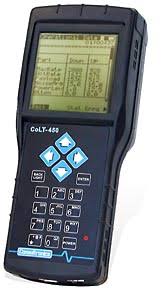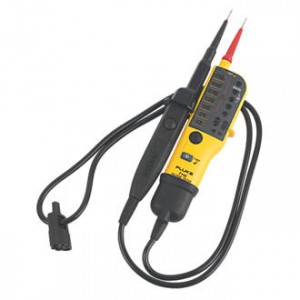Customers who own infrastructure systems usually require some form of test equipment to assist with the build, operation and maintenance activities.
Given the mixture of old and new technologies now deployed, consequently the range of available test equipment options has grown considerably. And like the infrastructure systems themselves, new functionality demands and obsolescence issues also affect the associated test equipment needs and availability.
@YellowsBestLtd assists Customers by sourcing the required test equipment, supplying either modern or legacy units. Often refurbished ex-hire equipment in excellent condition and at commercially attractive prices makes sense over leasing. This ensures the continued availability of sets of the appropriate specification, which may become discontinued by the manufacturers over time.
If necessary, we can also arrange the repair of existing units, especially those that perform very specific functions that cannot easily be replicated with more recent equipment.
There follows a brief description of many of the types of test equipment available; we would be very keen to hear from you to understand your specific requirements, so please get in touch!
Calibration CheckboxesCalibration checkboxes, or electrical checkboxes, are used for routine observations of test equipment and allow users to maintain accuracy in between official calibration procedures. Suitable for use with PAT testers and with other testers and instruments.
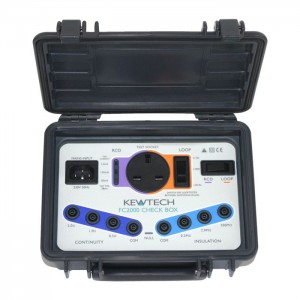
These test the efficiency and status of components including transistors and capacitors. An essential instrument for development engineering when specific components are used in product design.

Loop impedance testers, or loop testers, verify the loop impedance of a live electrical circuit without disconnecting from the electrical supply. Most testers include non-tripping RCD technology as standard to prevent unexpected outages.
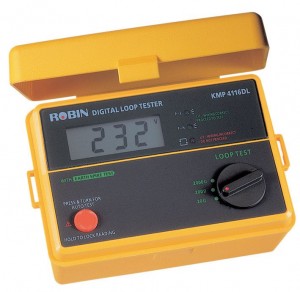
These verify that electrical current paths are safely earthed. Earth spike testers, high current loop testers with earth stakes and leads are available.
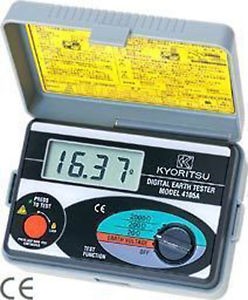
EMF meters are used for verifying the presence of electrical magnetic fields given off by electrical equipment. Ideal for use in heavy-duty electrical applications and laboratory testing conditions.
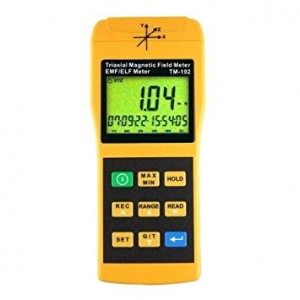
EVSE testers are purpose-built for the installation, testing and maintenance of electrical vehicle supply equipment and are an essential for use by electrical vehicle charging point installers, manufacturers and anyone else involved with EVSE equipment.
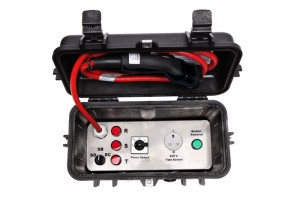
A wide range of insulation and continuity testing instruments which include Megger insulation testers, insulation resistance testers, Fluke testers and insulation meters from Amprobe, DiLog, Seaward, Metrel, Martindale, Kewtech and Extech.

LCR meters get their name from their testing capabilities – they can test inductance (L), capacitance (C) and resistance (R).

Ideal for use when completing or testing an electrical installation. The huge range of MFTs include the Fluke 1600 range and Megger installation testers.

Quickly find and inspect the right port. Like having a built in flash-light so you can see in dark areas and dense panels. Pause button holds the image for viewing when it’s hard to get it just right. Bright backlit display. Screw-on probe tips to support most connector types.

Locates fibres, finds faults, verifies continuity and polarity. Locates visual faults including tight bends, breaks and bad connectors. Easily verifies polarity and identifies fibres. Features continuous and flashing modes.

Multimode and Singlemode Power and Loss Measurements. Multiple kit configurations with light sources for single mode, multimode and PON fibre optics. Min/Max capability automates tracking of intermittent power fluctuations.

For Portable Appliance Testing (PAT) routine safety checking of electrical equipment, including dual insulation test voltages and portable RCD lead testing, with adjustable PASS testing limits and substitute/mains powered leakage testing procedures.
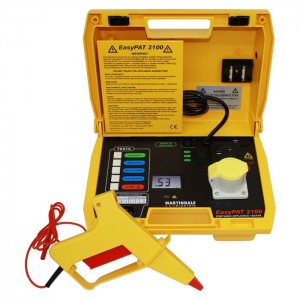
These provide a comprehensive snapshot of how power is being used in your facility and verify where energy is being lost. The latest power analysers and power analysis tools include those from Fluke and Hioki.
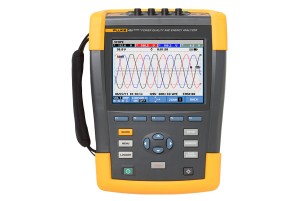
Perfect for laboratories and product design applications, the equipment in this category can be used to verify electrical safety, service equipment using multiple electrical parameters and to simulate PAT conditions.

An essential accompaniment to a voltage tester, proving units verify that the tester remains accurate both before and after testing. Both the NICEIC and NAPIT strongly recommend using these regularly when testing.
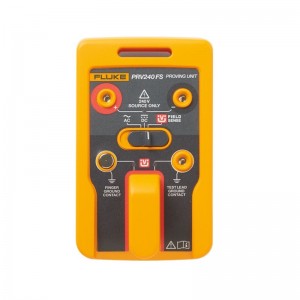
For testing RCD trip time and overall residual current device safety/efficiency. Available are handheld RCD testers, Megger RCD testers, RCD analysers and multifunctional RCD testers which also measure loop and PSC.

These testers are placed into a socket to assess faults with the wiring using audio/visual feedback.
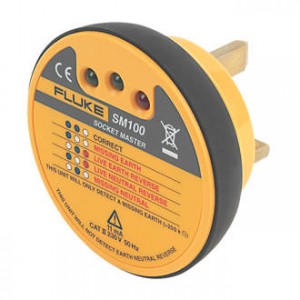
Ideally suiting traditional telecommunications networking requirements, typically providing testing at V.24, V.35, V.11/X.21 interfaces at rates up to 2 Mb/s. Also a full range of BER/BLER measurements, control-circuit timing analysis with transitions diagrams and storage in text and graphic form.


